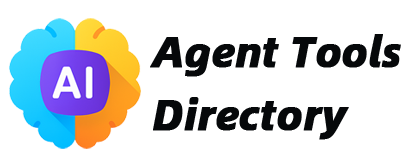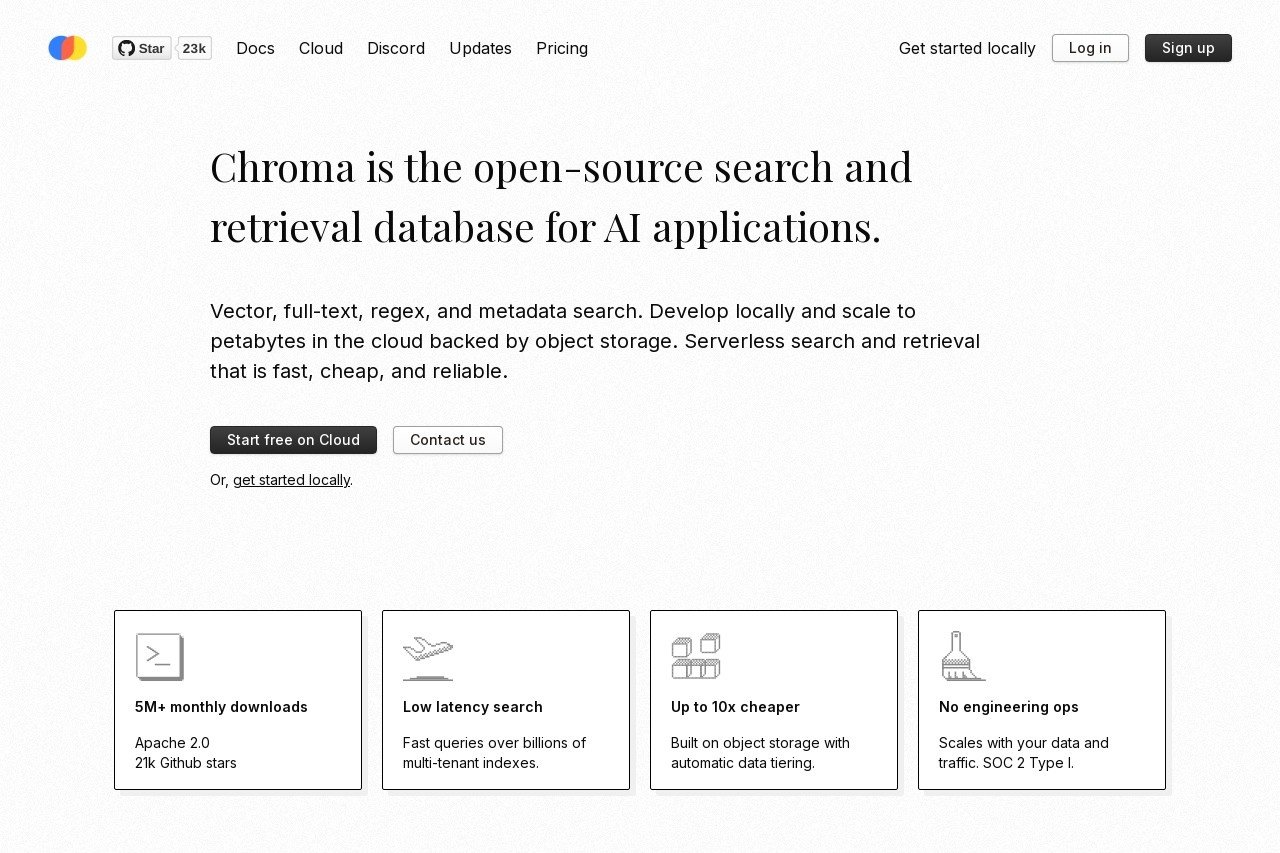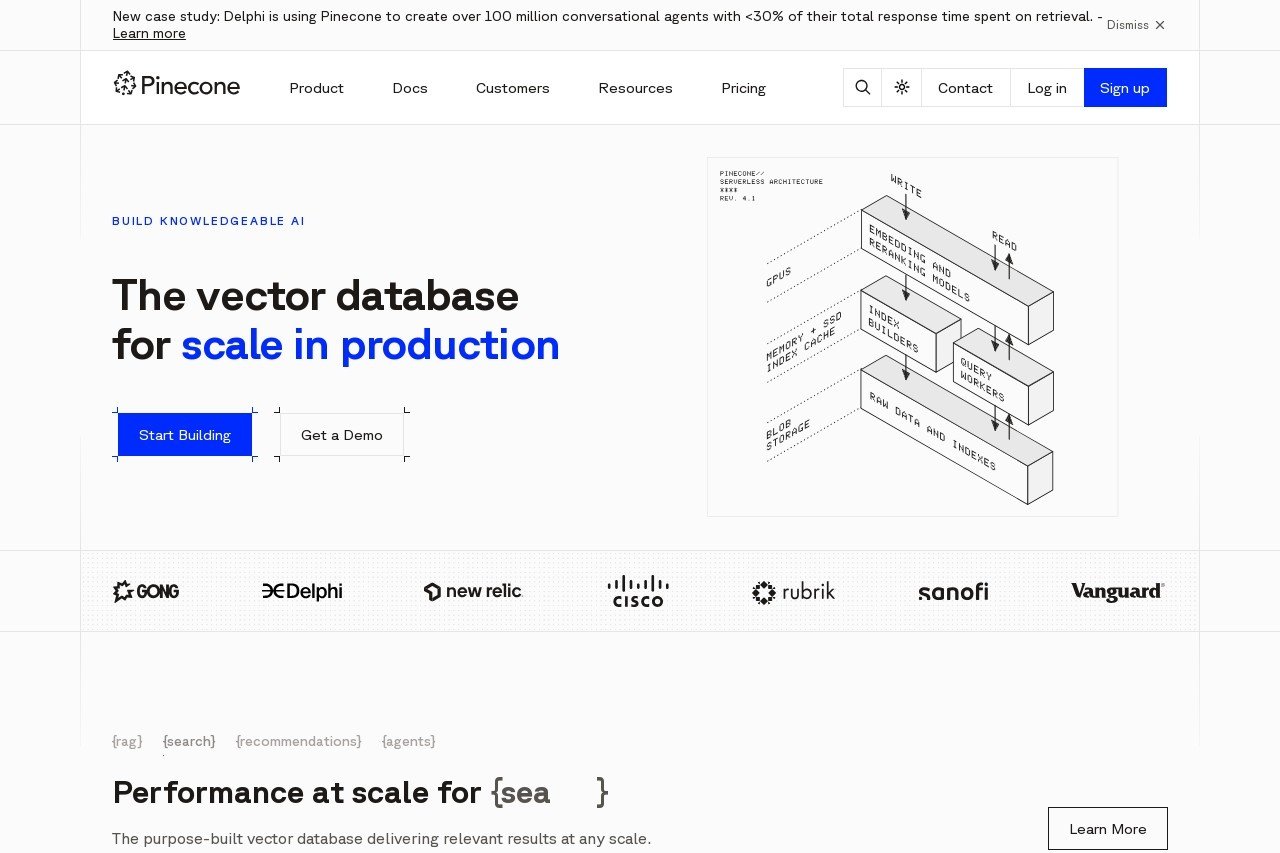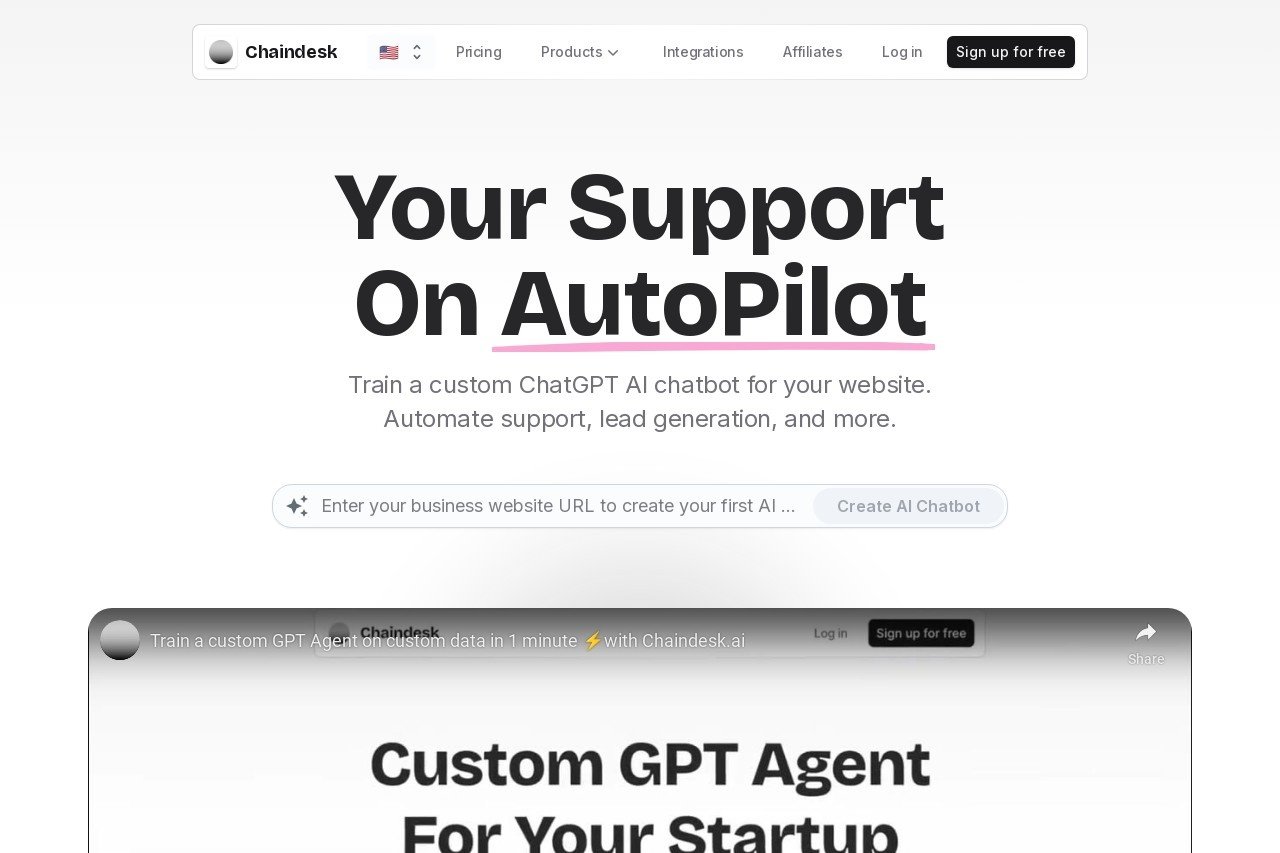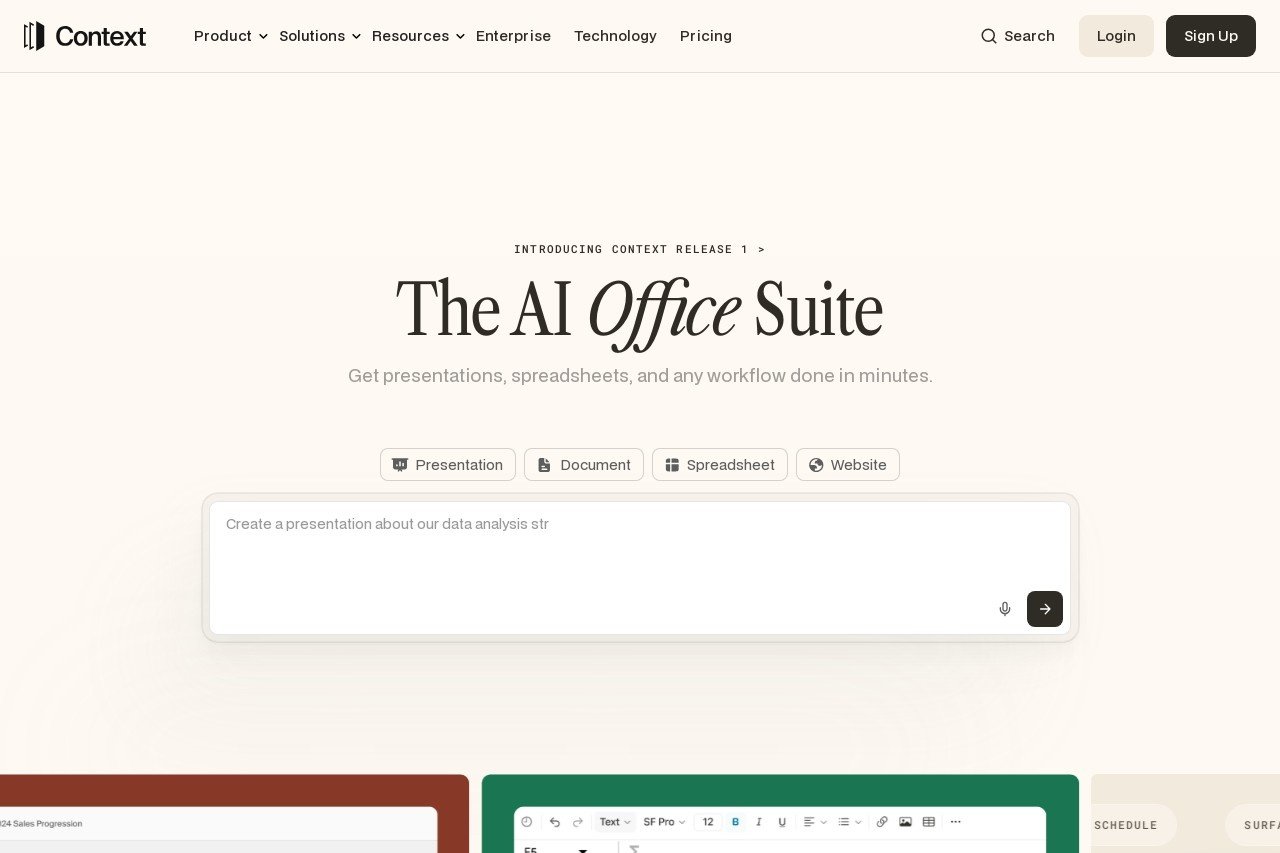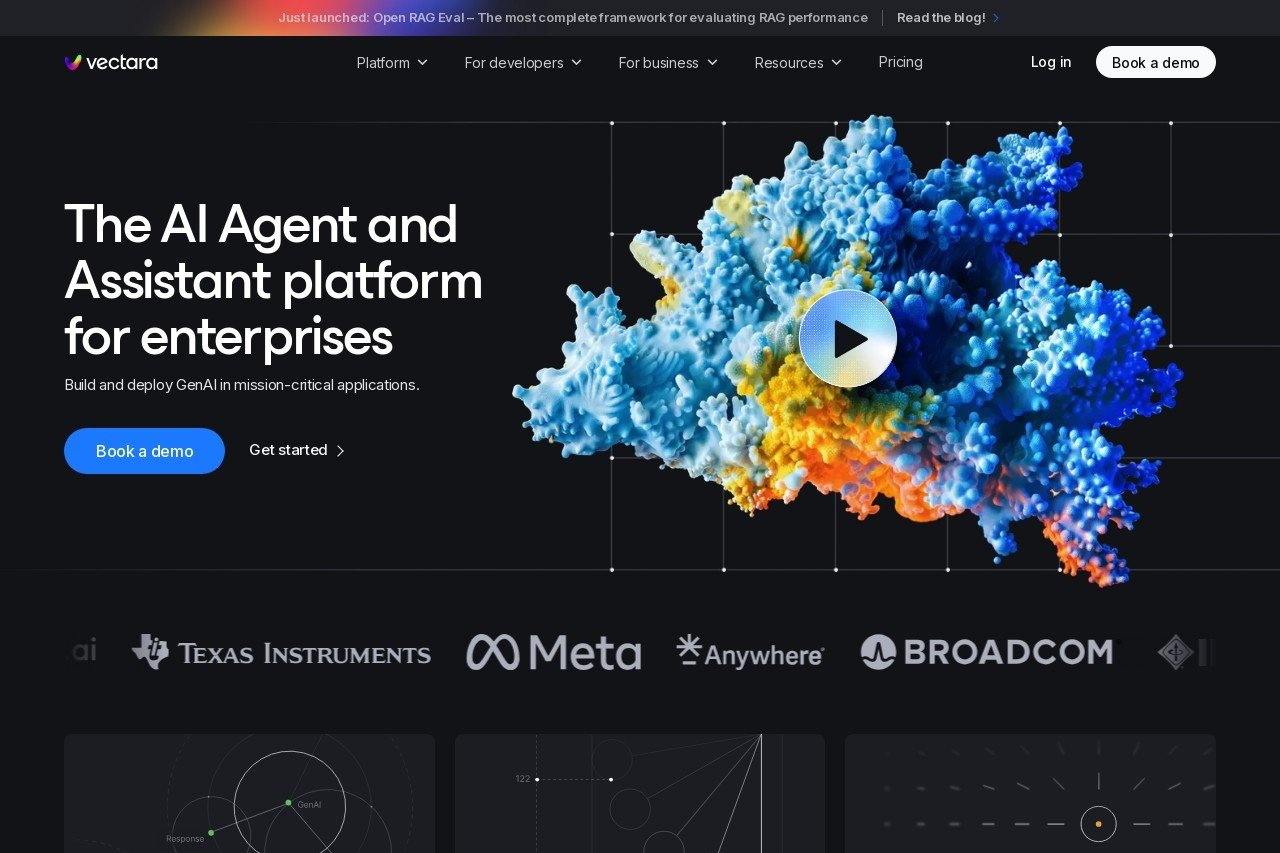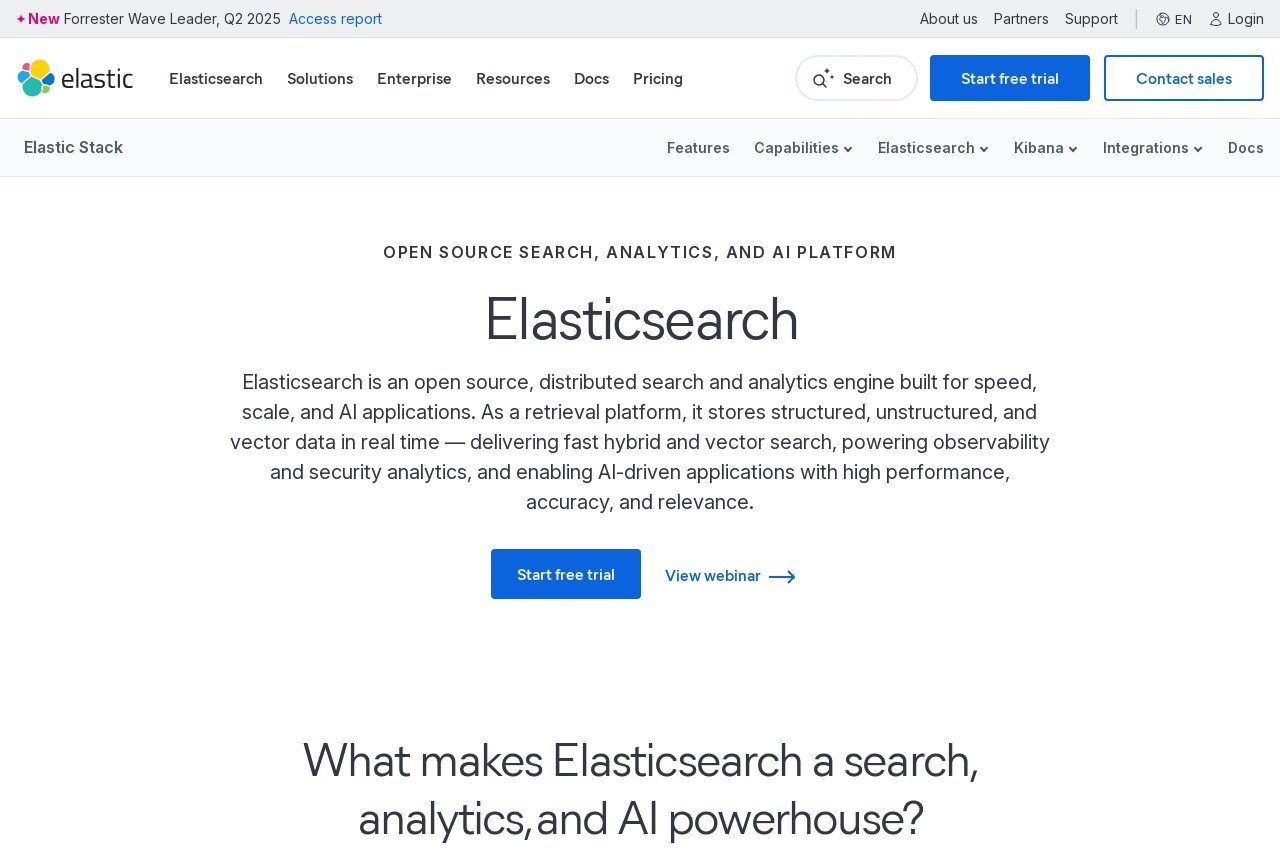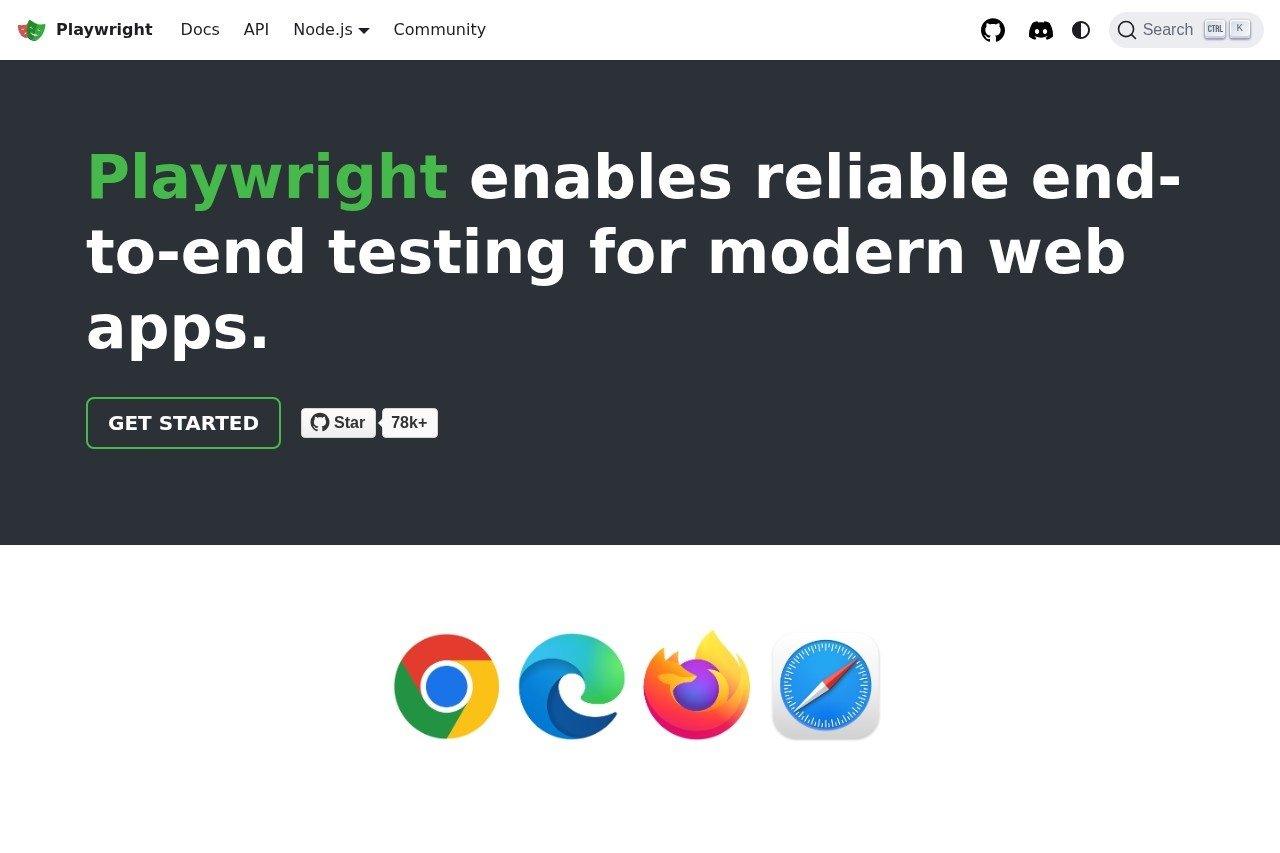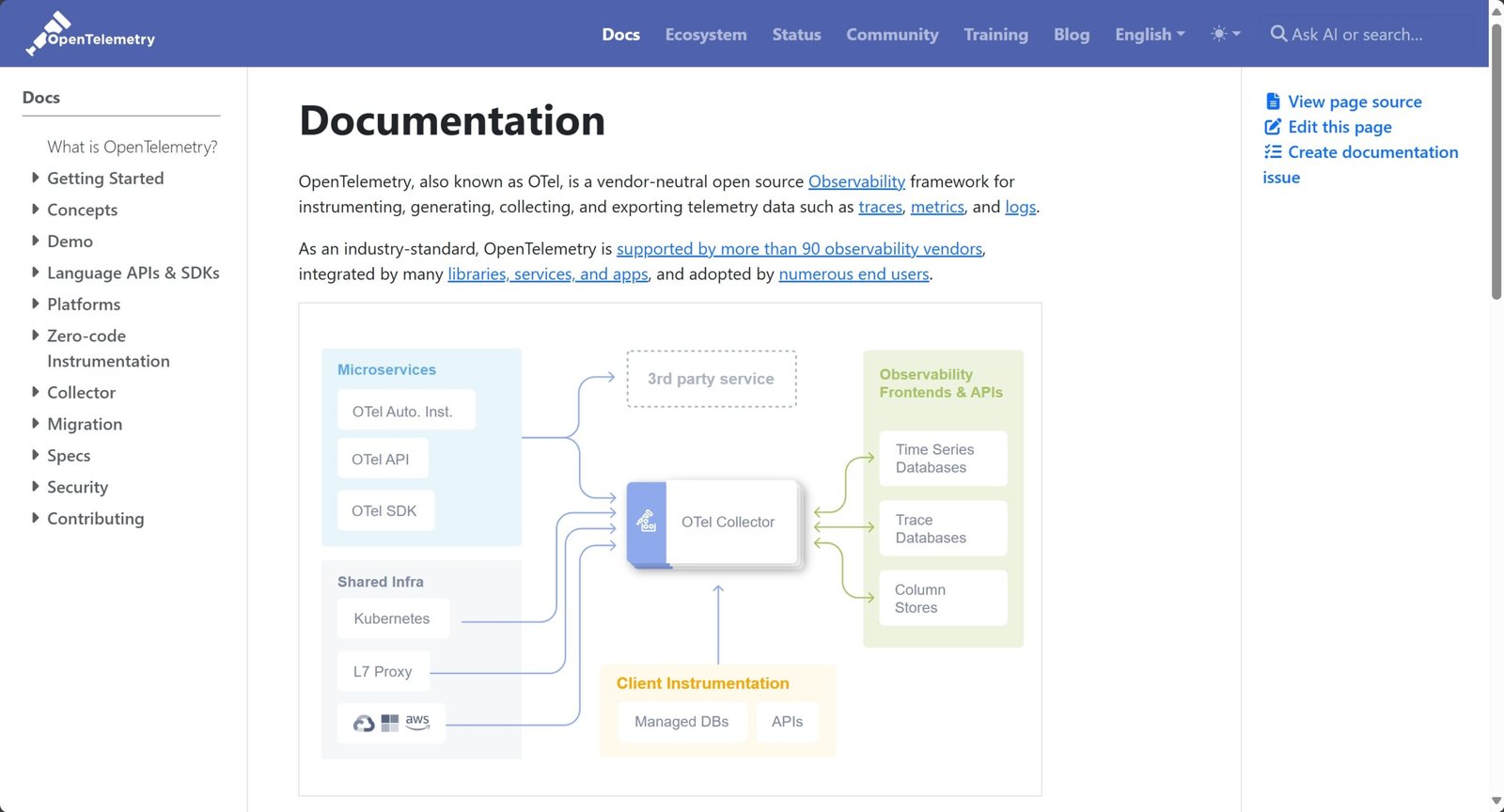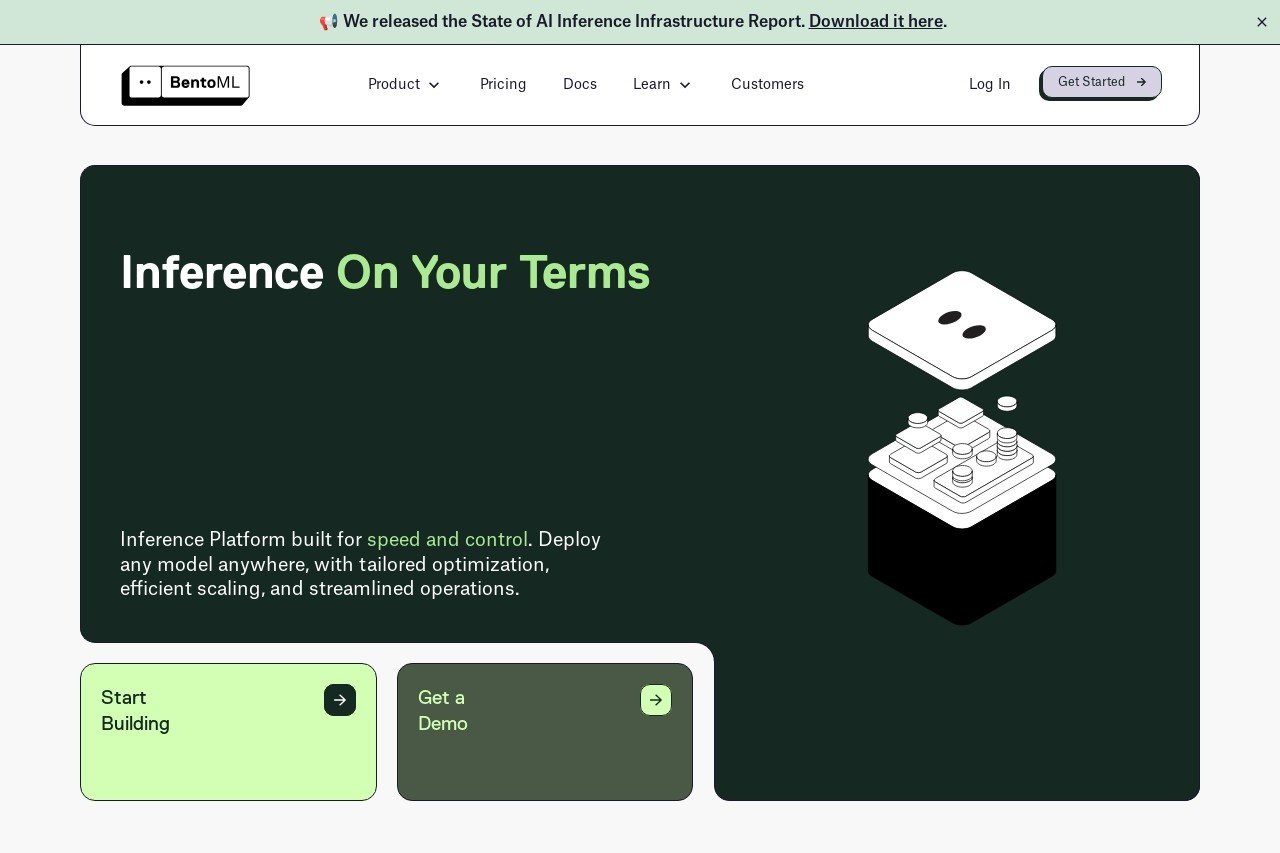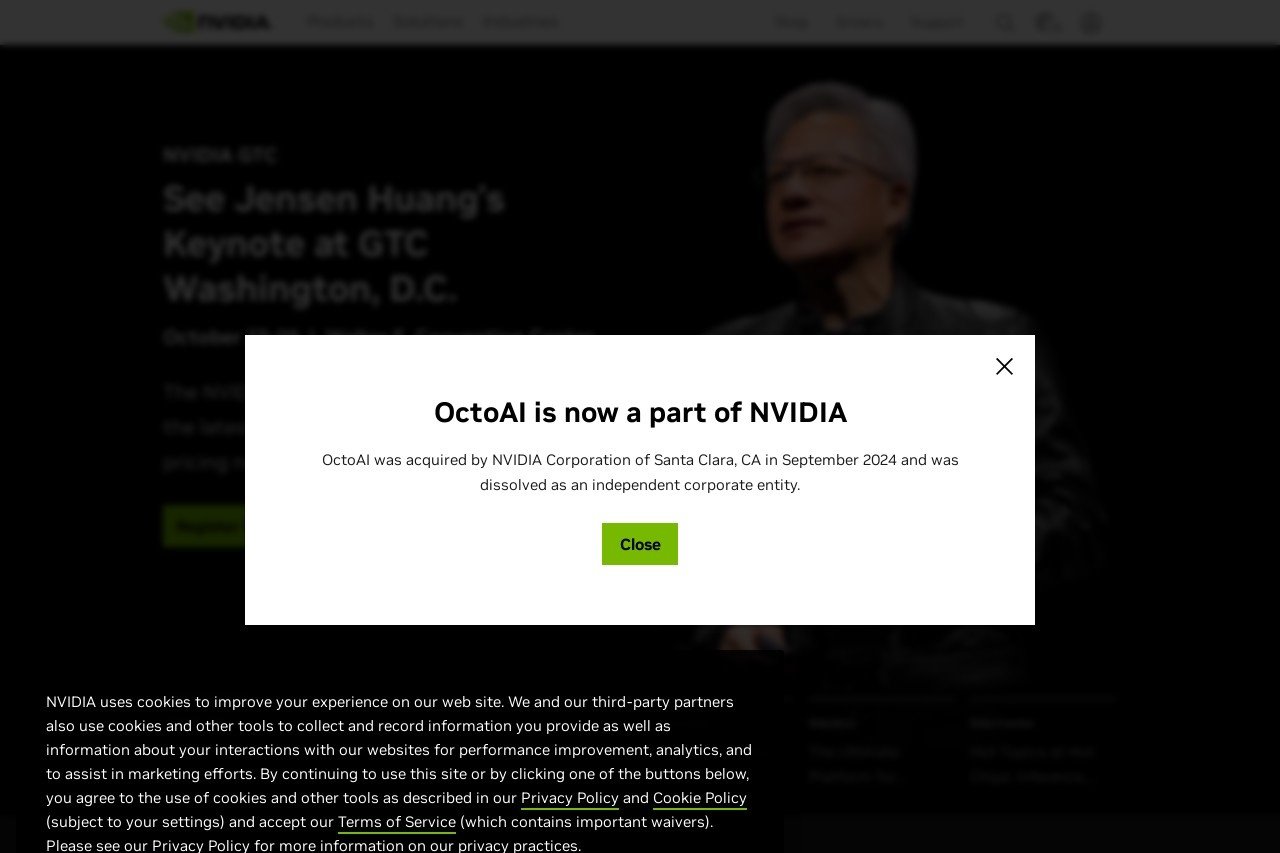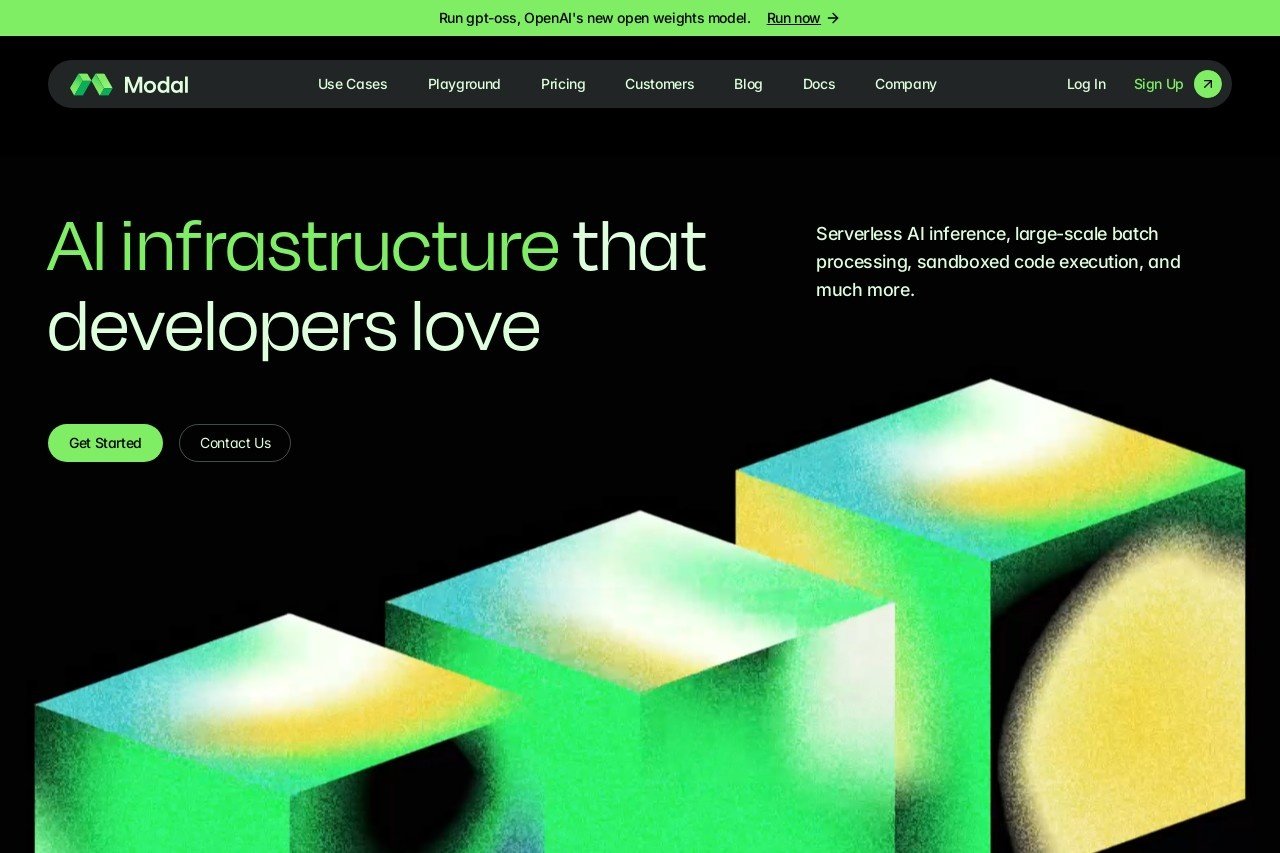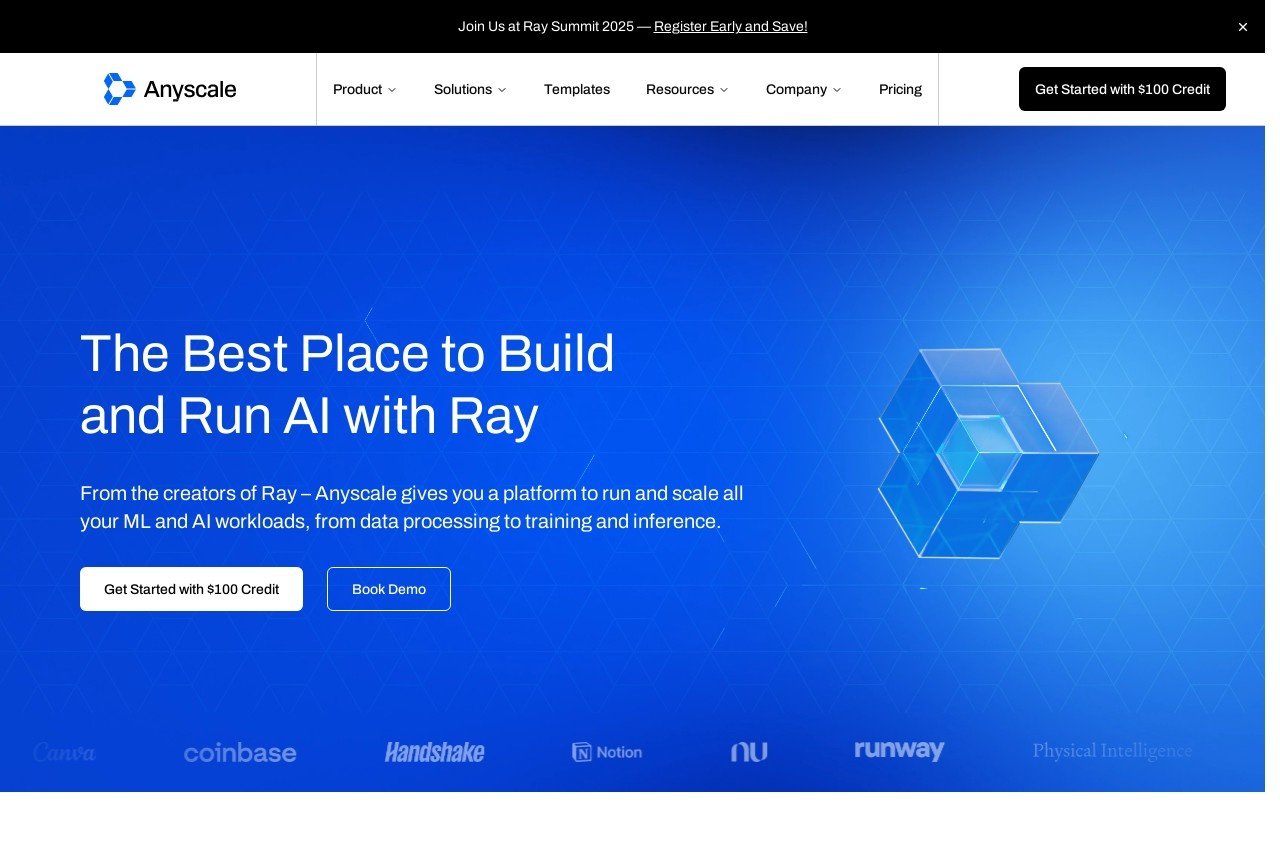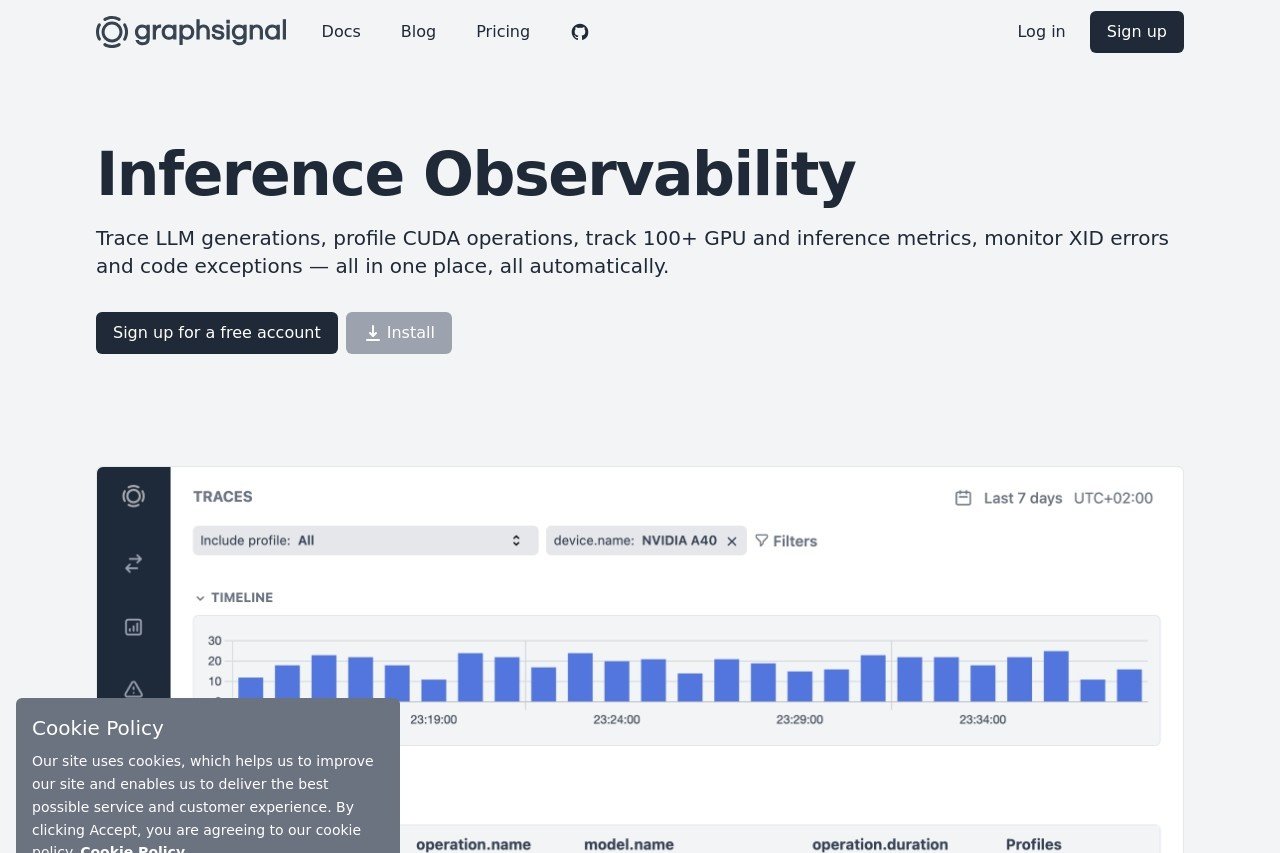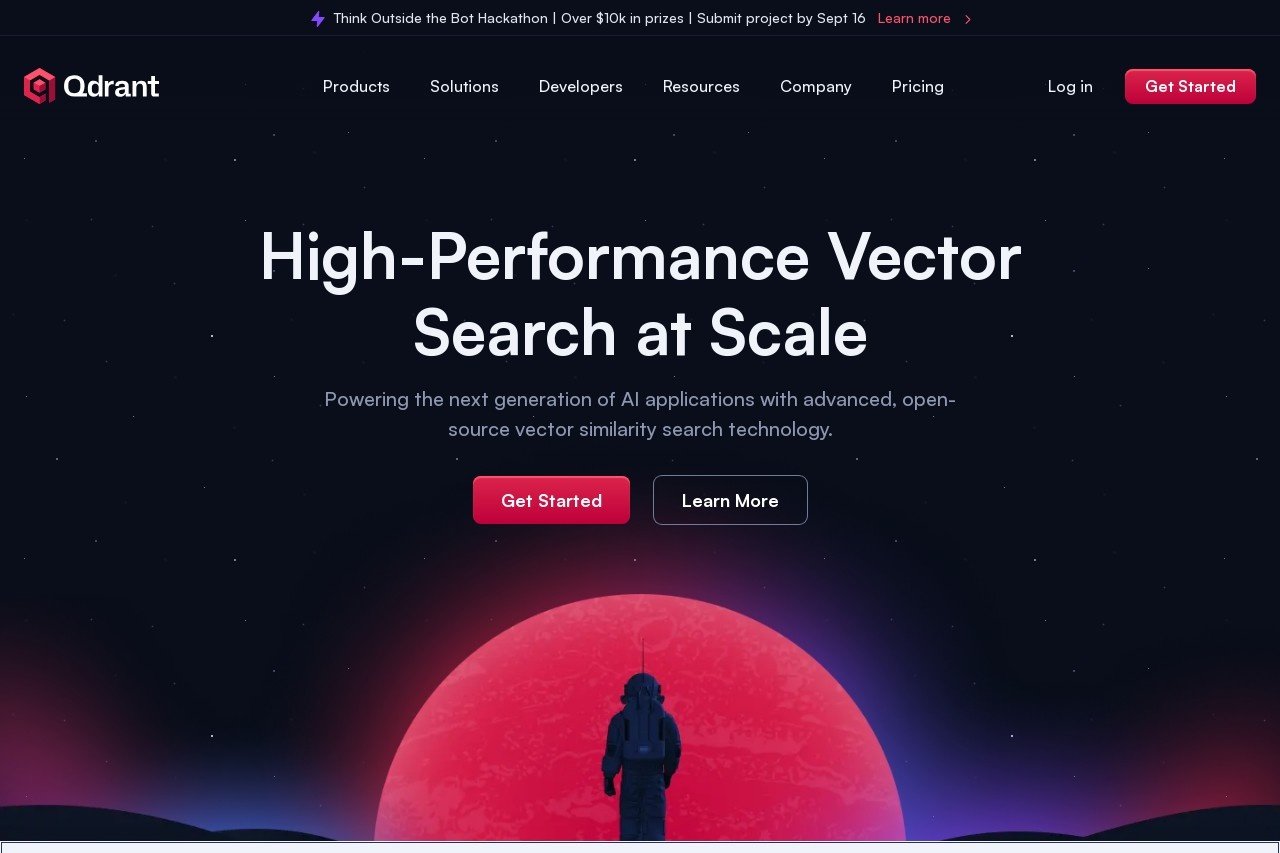
Qdrant is an open-source vector database and search engine written in Rust, offering fast and scalable similarity search with a convenient API.
Qdrant
Introduction
Qdrant is an open-source vector database and search engine designed for high-performance, large-scale similarity search applications. Written in Rust, it combines efficiency with a powerful feature set, making it an ideal solution for managing and retrieving high-dimensional vector data. Its convenient API allows developers to integrate advanced semantic search, matching, and recommendation capabilities into their products with ease.
Key Features
- High-Performance Vector Similarity Search: Optimized for low-latency query responses even on large datasets.
- Scalability: Supports horizontal scaling to handle growing data volumes and query loads.
- Rich Data Types: Allows storage of payloads alongside vectors, enabling filtered searches.
- Full API Compatibility: Offers REST and gRPC interfaces for easy integration with various applications.
- Advanced Filtering: Combines vector search with custom filtering conditions for precise results.
Unique Advantages
Qdrant stands out due to its Rust-based architecture, which ensures memory safety and high concurrency. It is built for production environments from the ground up, offering features like data persistence, dynamic clustering, and distributed deployment. Its focus on developer experience is evident through detailed documentation, client libraries for popular languages, and a user-friendly interface.
Ideal Users
Qdrant is perfect for developers and engineers building AI-driven applications that require accurate and fast similarity matching. Typical use cases include recommendation systems, image and text search platforms, anomaly detection systems, and any project involving natural language processing (NLP) or computer vision. It is particularly valuable for startups and enterprises needing a scalable, open-source vector search solution.
Frequently Asked Questions
Is Qdrant free to use?
Yes, Qdrant is open-source and free to use under the Apache 2.0 License. Cloud-hosted options are also available.
How does Qdrant compare to other vector databases?
Qdrant is known for its speed, scalability, and Rust-based reliability, offering competitive performance against alternatives.
Can I deploy Qdrant on my own infrastructure?
Absolutely. Qdrant can be self-hosted on-premises or in any cloud environment using Docker or Kubernetes.
